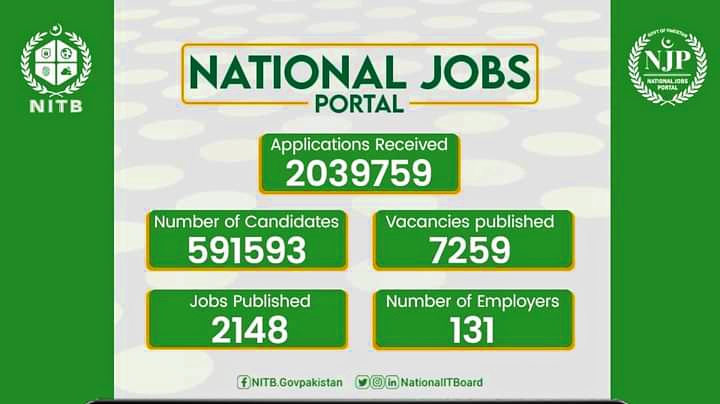I. Introduction
Elections are a cornerstone of democracy, allowing citizens to participate in the governance process and elect leaders who will represent their interests. In Pakistan, elections have played a crucial role in shaping the country’s political landscape since its creation in 1947. Despite facing numerous challenges such as political instability, military coups, and civil unrest, the country has managed to hold several elections, with the most recent one being in 2018.
II. Legal Framework
The Constitution of Pakistan is the supreme law of the country and lays out the provisions for elections. The Election Commission of Pakistan (ECP) is an independent body responsible for conducting free and fair elections in the country. Electoral laws, such as the Representation of People Act, provide the legal framework for conducting elections.
III. Electoral System
Pakistan has a parliamentary system of government, and elections are held for both the National Assembly (lower house) and the Senate (upper house). The electoral system is a mix of the first-past-the-post (FPTP) system and the proportional representation (PR) system. Political parties play a significant role in the electoral process, and candidates are often affiliated with a party. Election Pakistan essay Outline
IV. Voter Registration
To be eligible to vote in Pakistan, a person must be 18 years or older and possess a National Identity Card (NIC). The voter registration process is overseen by the ECP and involves filling out a form and submitting it to a local election office. Voter education is crucial in promoting voter turnout and ensuring citizens understand their rights and responsibilities.
V. Campaigning
Rules and regulations govern the campaigning process in Pakistan, with candidates and political parties required to adhere to specific guidelines. Funding of political campaigns is also regulated, with candidates required to disclose their sources of income. The media plays a significant role in election campaigns, with political parties using a mix of traditional and digital media to reach voters.
VI. Polling Day
Polling day involves setting up and managing polling stations, ensuring security arrangements, and promoting voter turnout. Citizens are required to vote at their assigned polling station and must provide their NIC to verify their identity.
VII. Counting and Results
The vote-counting process involves tallying votes cast at each polling station and transmitting results to the ECP. Election observers play a crucial role in ensuring the transparency and accuracy of the process. The ECP announces the official election results after tabulating votes from all polling stations.
VIII. Challenges to Elections
Electoral fraud and malpractices, violence and security concerns, and political polarization and instability are some of the challenges facing elections in Pakistan. Continued reforms and improvements are necessary to address these challenges and ensure the integrity of the electoral process.
IX. Conclusion
Elections are a crucial aspect of democracy in Pakistan, enabling citizens to participate in the governance process and elect leaders who represent their interests. Despite facing significant challenges, the country has held several elections, demonstrating its commitment to democratic principles. Continued reforms and improvements are necessary to address the challenges facing the electoral system and shape Pakistan’s future.
| Election in Pakistan A Historical Overview |
| The 2023 Pakistani General Election |
| First Election in AJK-Azad Kashmir |

